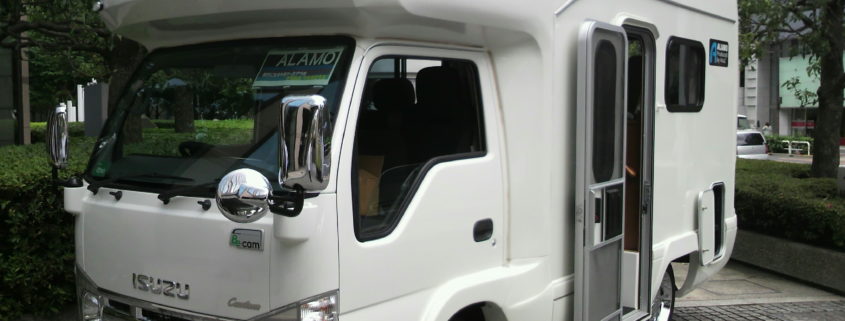Yearly RV Maintenance Tips & Tricks
Reliable and routine maintenance is part of the life of every serious Rver. However that shouldn’t be a hindrance to purchasing and living the RV life for anyone who wants to be a part of this adventurous lifestyle – besides, practically any appliance or machine we use frequently requires routine maintenance to function optimally. In the same way, the routine maintenance of your RV would ensure it live up to its full potential and for a much longer time while you reap the astonishing benefits that come with RV living as well as the unending pleasure and adventures it affords.
Trying to recollect the maintenance you carried out on your RV the previous year can seem like an overwhelming task. However to be more diligent in the management and maintenance of your Rv you must first of all make it a habit to log the things you do as well as the time, so you know when a particular task is due or overdue. You can get a simple form for this on the flipside of your Owner’s Manual.
These days it is almost a habitual practice for most people to service their home’s A/C and furnace on a regular basis, the same ought to go for every functional RV’s system. Even though there are a lot of precautionary measures you can personally take on a more consistent basis, such as changing filters or cleaning connections, it’s a good idea not to handle the more complicated ones yourself. You should have your heating and cooling systems as well as other sophisticated components handled by a professional one or more times annually.
The temporary adventurous types of terrain or moving load makes brakes particularly on trailers and motorhomes wear out. Hence, regular visual inspections for wear as well as having brakes serviced every year by a professional are highly recommended. Likewise, for towable RVers, make use of brakes collectively to evade accelerating wear.
Thoroughly clean the Vacuum carbon monoxide and smoke detector covers with a mildly dampened towel, Never spray the front panel with cleaning solutions and change as soon as possible if there are any problems.
Propane tanks ought to have some regular TLC. Consistent spot checks for connection stability, dings, paint deterioration and corrosion are a great step to take. If you are planning to touch up or repaint a canister, make use of light reflective color. It’s as well recommended to have an experienced and competent propane service agent inspect your tank and check for leaks on an annual basis, or after travelling 5,000 miles whichever one comes first.
The advantages of sealants can’t be exaggerated. It’s a good idea to reseal the external surfaces of your RV every six months. If you are planning to accomplish this yourself ensure you replace with the exact same sealant.
Finally, make the most of your dealer’s experience. Ensure you always consult them for some crucial tips on maintaining your RV. Some dealers work closely with their owners to help them understand how new features and systems work.


